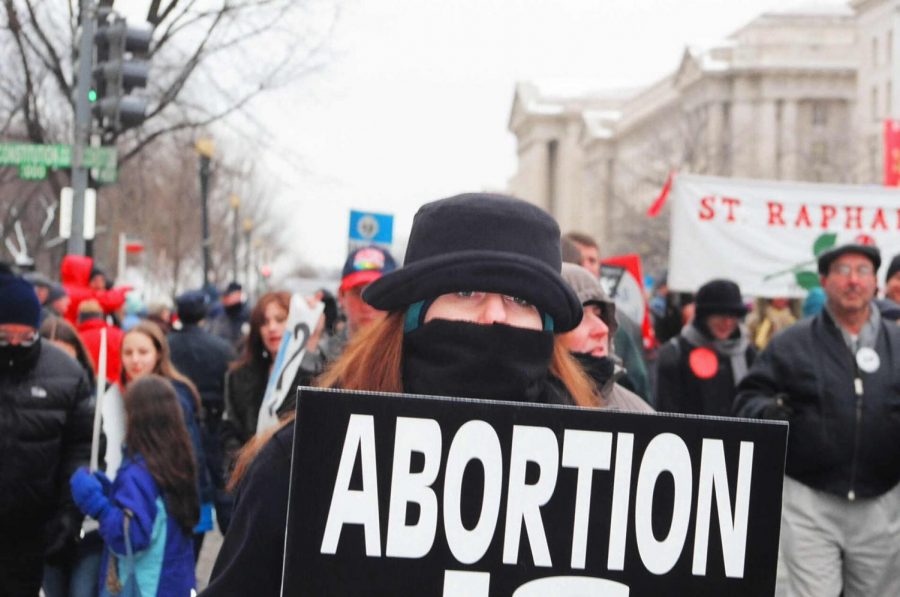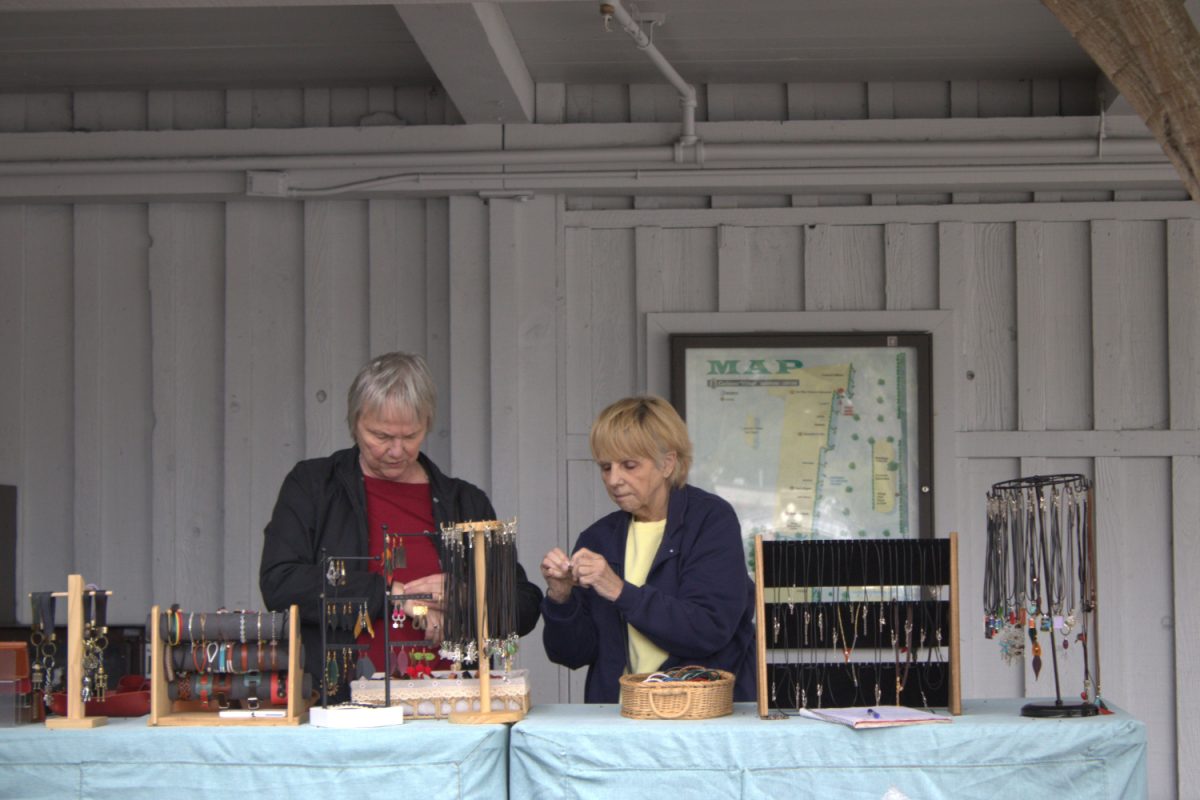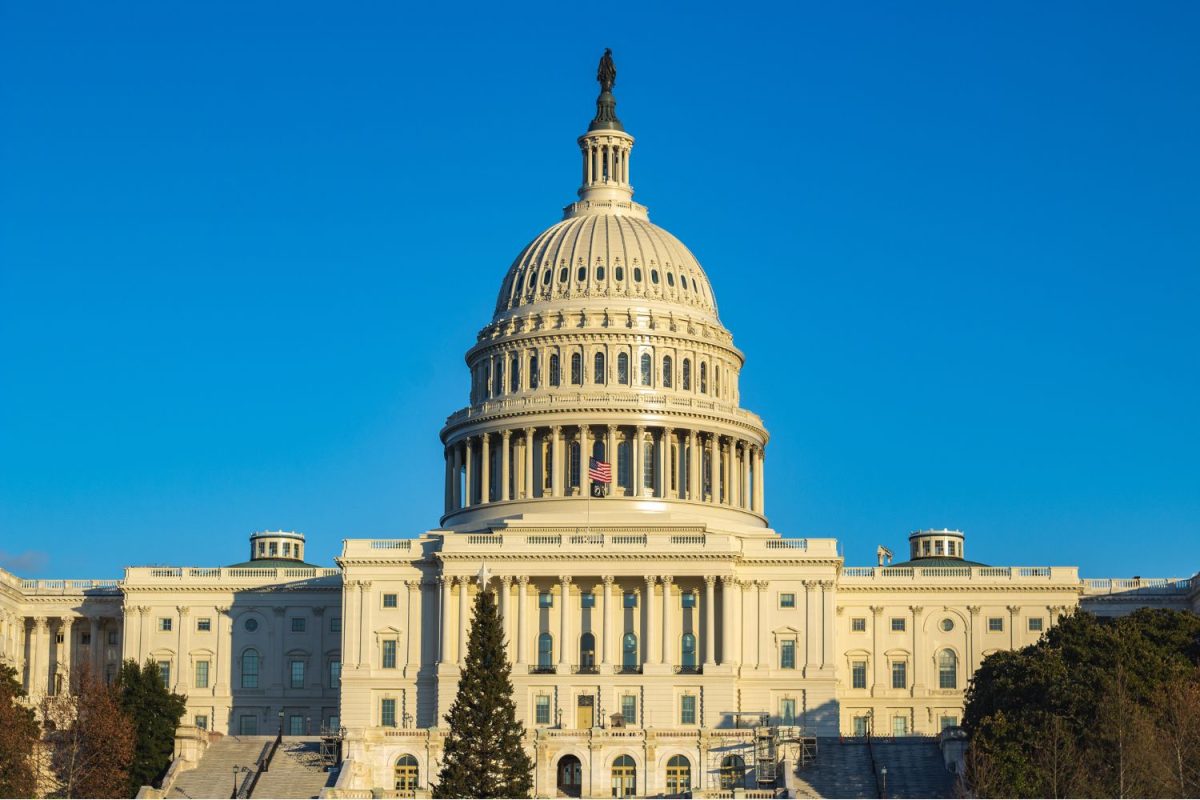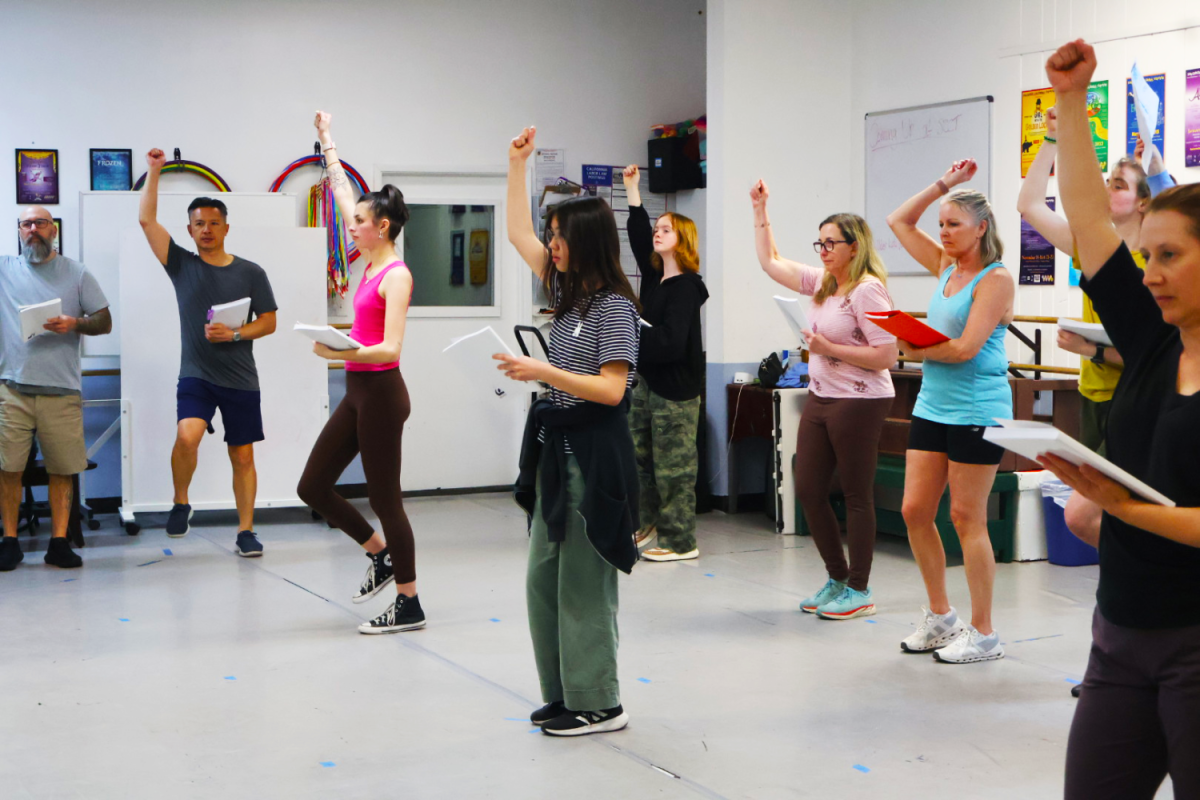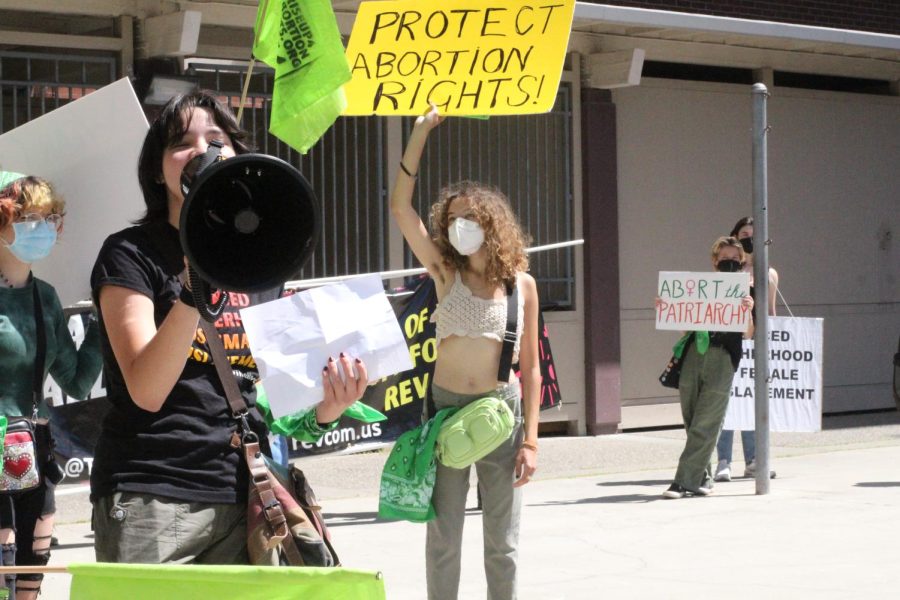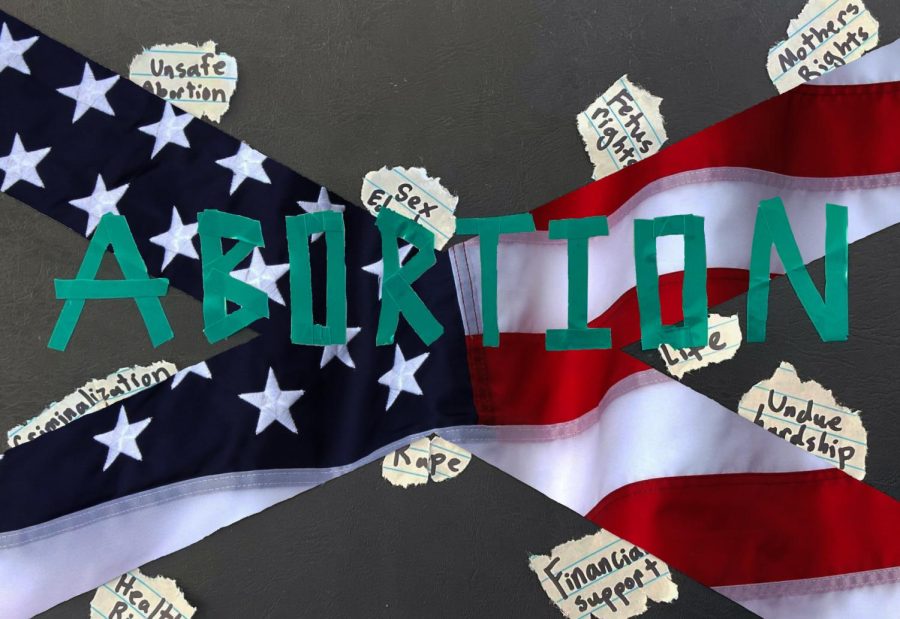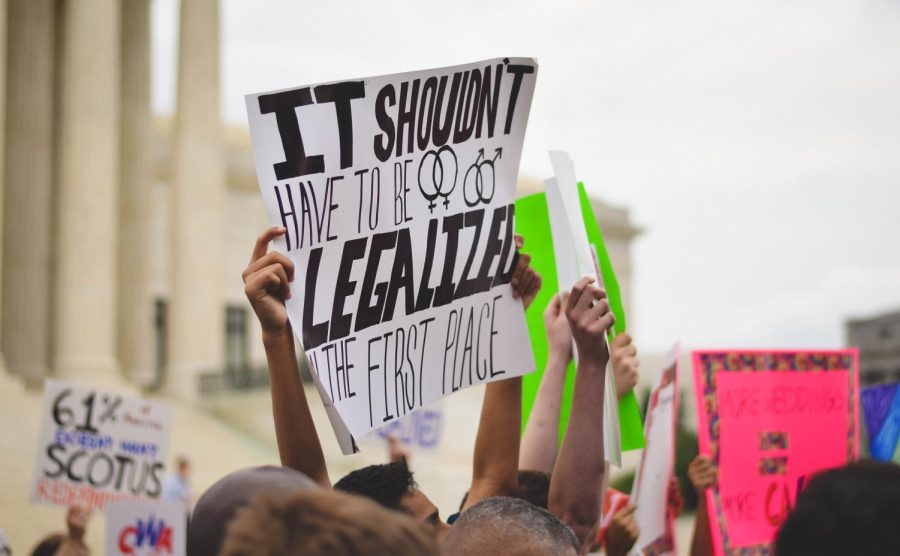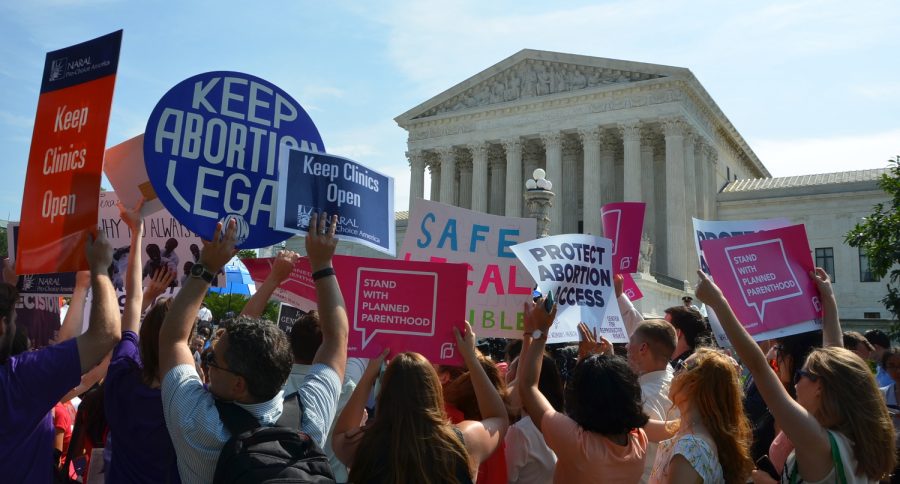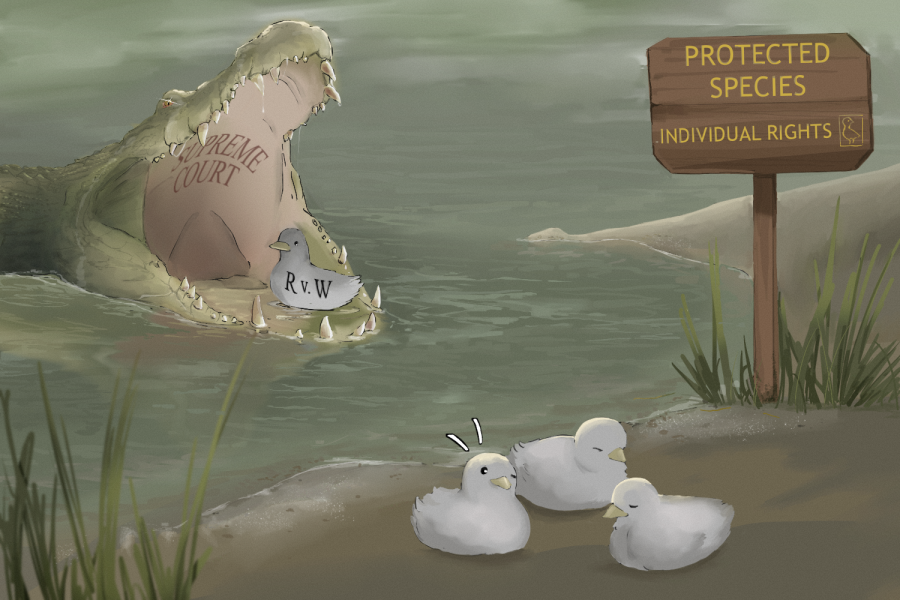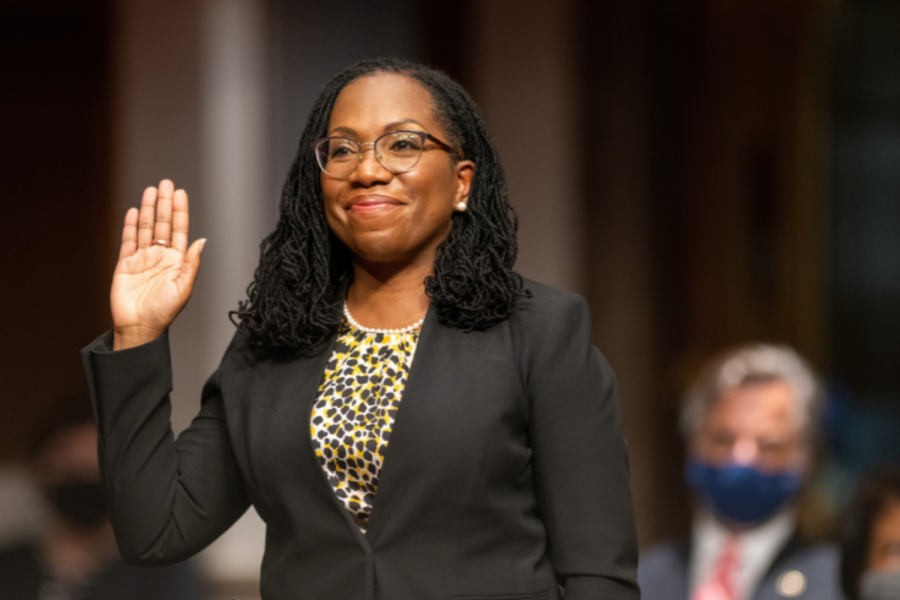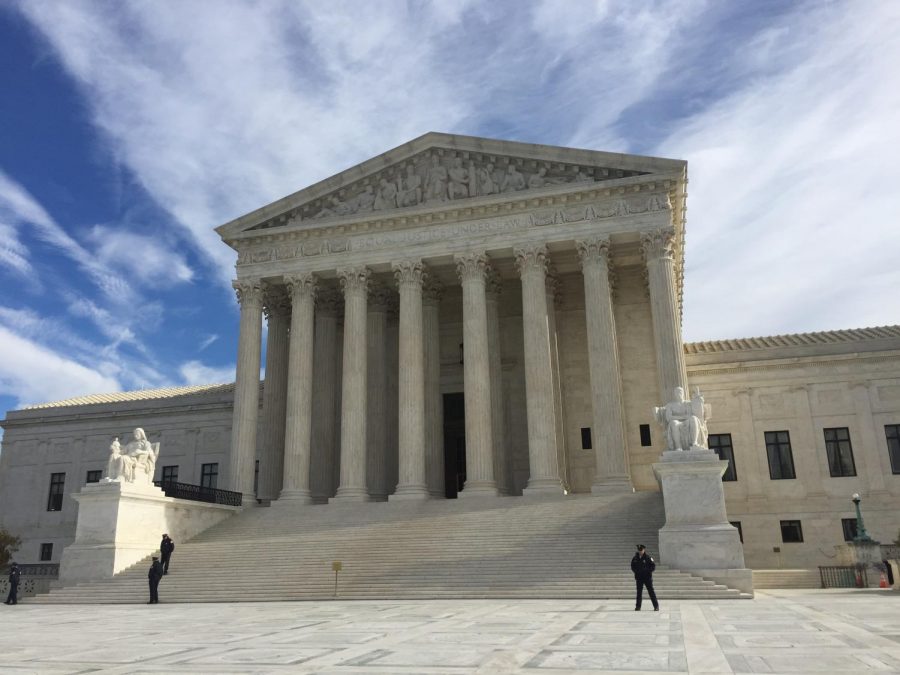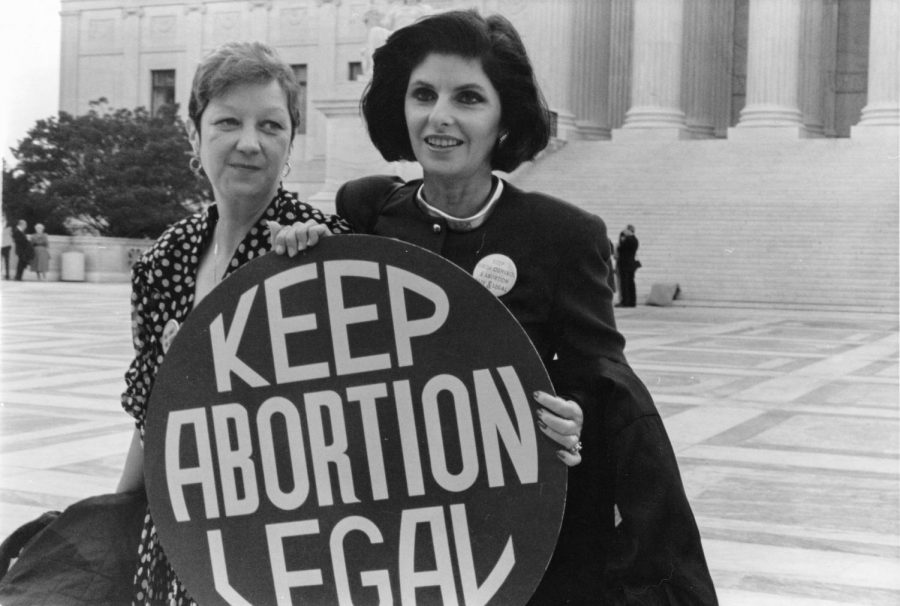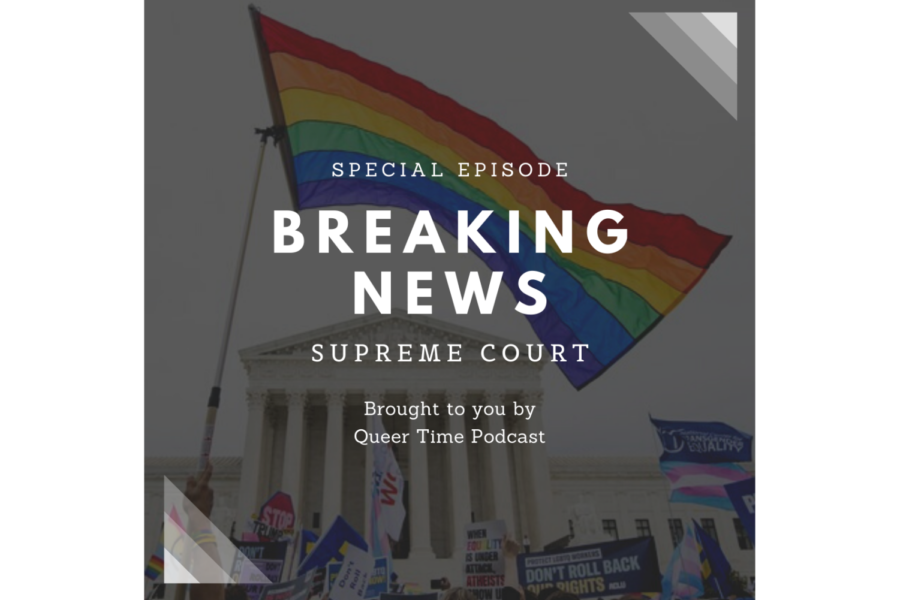Across the country, the debate surrounding abortion — one of life and liberty — continues to put a strain on the American courts with a Texas law restricting abortions in the state.
The Texas Heartbeat Act was passed in May of 2021 and went into effect on Sept. 1. The law stipulates that individuals aiding and providing abortions after a fetal heartbeat is detected can be sued by private citizens for a $10,000 cash reward. The law also states that no exceptions should be made for cases of rape or incest; however, exceptions for “medical emergencies” are permitted.
Roe v. Wade, the case from 1973 that legalized abortion services throughout the United States, provides protection from legal repercussions originating from the government when it comes to having an abortion prior to viability, when fetuses are commonly thought to be able to survive outside of the womb. The Texas Heartbeat Act uses individual legal rights separate from the state to allow punishment for those aiding in abortions after a fetal heartbeat is detected.
The Supreme Court decided against stopping the Texas Heartbeat Act from going into effect. This decision was made in a 5 to 4 vote with Justices Stephen Breyer, Elena Kagan, Sonia Sotomayor, and Chief Justice John Roberts dissenting.
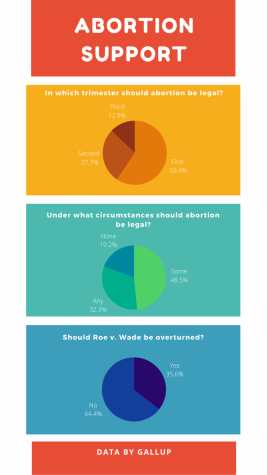
The implementation of the controversial law comes days before California’s gubernatorial recall election on Sept. 14, with leading opposition candidate Larry Elder being an ardent supporter of the Pro-Life Movement.
With the possibility of an anti-abortion governor in California, many have begun to worry if laws similar to the Texas Heartbeat Act could be passed in California.
Laurie Bertram Roberts, co-founder of the Mississippi Reproductive Freedom Fund and executive director of the Yellow Hammer Fund in Alabama, has little faith that an abortion law as restrictive as the one passed in Texas could get past the Democratic supermajorities in the California State Assembly and Senate. However, she believes there are several factors that could complicate receiving abortion services.
“There are things governors can do to make it miserable for abortion services providers, such as pressuring on the Department of Public Health to restrict abortion clinics. It doesn’t even have to be new restrictions, it can just be, ‘We’re going to be extra in enforcing the stuff we have to enforce,’ ” Bertram said. “[If Roe v. Wade falls], California also becomes one of those states that has to take on all this extra influx of people who need abortions from other states.”
The Supreme Court’s decision about the Texas Heartbeat Act could also affect other states’ abortion laws. Choosing not to halt the act’s implementation may provide insight into the Supreme Court’s upcoming decision in the Dobbs v. Jackson abortion case in Mississippi. Dr. John Devons*, a certified obstetrician-gynecologist and clinical faculty member at a hospital in the Bay Area, believes that the Texas Heartbeat Act will almost certainly be replicated in other states.
“There’s no doubt that [Texas law will affect other states]. It’s already happening,” Devons said. “The most disturbing thing about it is that it was designed to subvert the court system, so if it’s working in Texas, trust me, they’re going to pass it in Missouri, they’re going to pass it in Kansas, they’re going to pass it in Arkansas.”
Others are excited about the new opportunities for anti-abortion legislation and how this will affect abortion laws across the country, such as Kristin Turner, executive director of Pro-Life San Francisco and the president and founder of Take Feminism Back.
“I do [think this sets a precedent for other states] and if you actually look at the actions of Kristi Noem, who is the governor of South Dakota, you can see that she is pushing forward with more pro-life laws, and I think it’s really emboldened states that have trigger bans against Roe v. Wade to enact pro-life legislation,” Turner said. “I think that we will see this be a blueprint for other states until we can get a decision on whether or not Dobbs v. Jackson is constitutional.”
Those who oppose the law are concerned about the short time frame provided for people with a uterus to discover their pregnancy. Since pregnancy is counted after a monthly period, those with uteruses won’t know to check for pregnancy until they are already four weeks into it – and that’s without an irregular period, something which about 16% of those with periods have.
“That’s a biology thing that the governor of Texas doesn’t get. For him to have the audacity to say, ‘Well, you’ve got at least six weeks’ — no. You’ve got three to four days,” Devons said.
Many involved in providing abortion services, like Bertram Roberts, believe that laws like the one passed in Texas may decrease the number of abortions administered in safe clinic environments.
“I don’t think it [the Texas Heartbeat Act] is going to stop people from having abortions, history proves that these kinds of laws never have really stopped people from having abortions, what it does is it makes access to safe clinic-based abortions difficult,” Bertram Roberts said.
Others address the possible rise in unsafe abortions, but Turner feels that most of these fears are unfounded, although there are still dangers to be considered.
“The idea of back alley coat hanger dirty abortions isn’t something that is really happening. What’s happening is the abortion pill is being sent to people in the mail, and then they’re using that to do a self-administered abortion at home,” Turner said.
Devons is most concerned about the way restrictive abortion laws may affect marginalized individuals across the country.
“It’s going to hurt women. It’s going to hurt poor women and people of color,” Devons said. “My hope is, in the end, we’re going to wake up and realize this isn’t about privacy, which is what Roe v. Wade is based on, but it’s about human rights and human dignity.”
*These names were changed by the authors to ensure anonymity for the sources that were interviewed due to a fear of bodily harm, in accordance with Carlmont Media’s anonymous sourcing policy.


